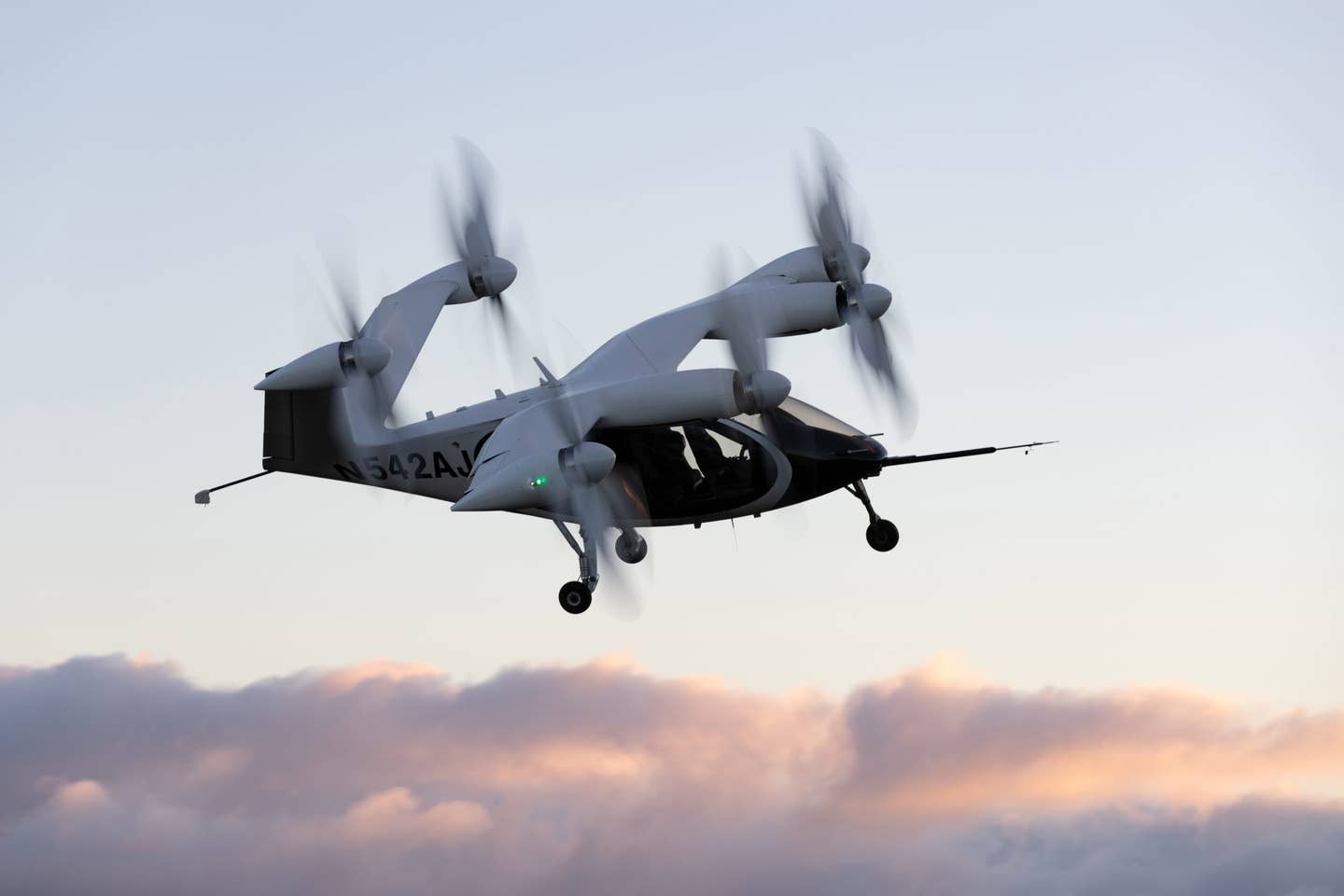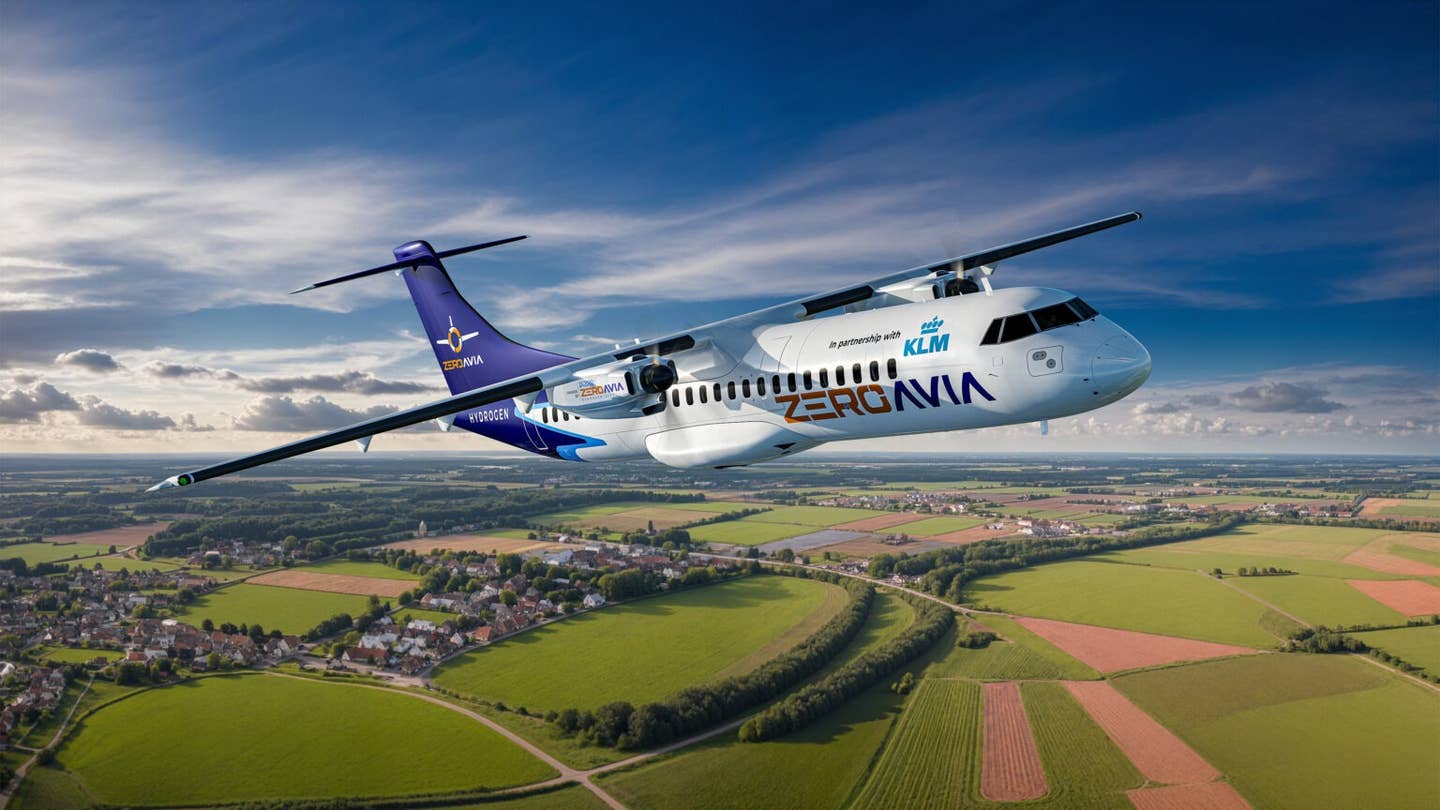Joby Completes Second of Four System Reviews with FAA
VTOL startup Joby has successfully completed its second of four system reviews required as part of the FAA’s aircraft type certification process, the company announced this week.

EVTOL startup Joby has successfully completed its second of four system reviews required as part of the FAA’s aircraft type certification process. [Courtesy: Joby Aviation]
Electric vertical takeoff and landing (eVTOL) startup Joby (NYSE: JOBY) has successfully completed its second of four system reviews required as part of the FAA's aircraft type certification process, the company announced this week.
The step is a sign of progress for Joby after it told investors in November that it was delaying the commercial service launch of its eVTOL services until 2025, partly because of regulatory hurdles.
With this recent update, Joby said that the in-person multi-day audit by the FAA, which took place last week at Joby’s facilities in California, demonstrated its “leadership” in the eVTOL race.
“The series of system reviews serve to validate the overall architecture of the aircraft and ensure the company’s development process is on track to satisfy the FAA’s safety objectives associated with complex aircraft systems,” Joby said in a statement. “The system reviews take place alongside the ongoing submission of means of compliance, area-specific certification plans, and other certification documents that cover specific elements of the Joby aircraft and its systems.”
“Progress on certification is a key area of focus for this nascent sector, and we’re pleased to mark our continued leadership with the successful completion of our second System Review," Didier Papadopoulos, head of Aircraft OEM at Joby, said. "We’re confident that our aircraft design is on track to meet the FAA’s expectations regarding system-level safety, redundancy, and overall aircraft architecture."
Joby received its Part 135 Air Carrier Certificate from the FAA in May this year, which will be necessary for its commercial air taxi services.
In October, Delta Air Lines (NYSE: DAL) announced a $60 million upfront equity investment in Joby—roughly 2 percent of the company—to help establish an ‘a multi-year, multi-market commercial and operational partnership’ between the two. Delta said the total investment could expand to $200 million if the partnership worked well.

Subscribe to Our Newsletter
Get the latest FLYING stories delivered directly to your inbox






